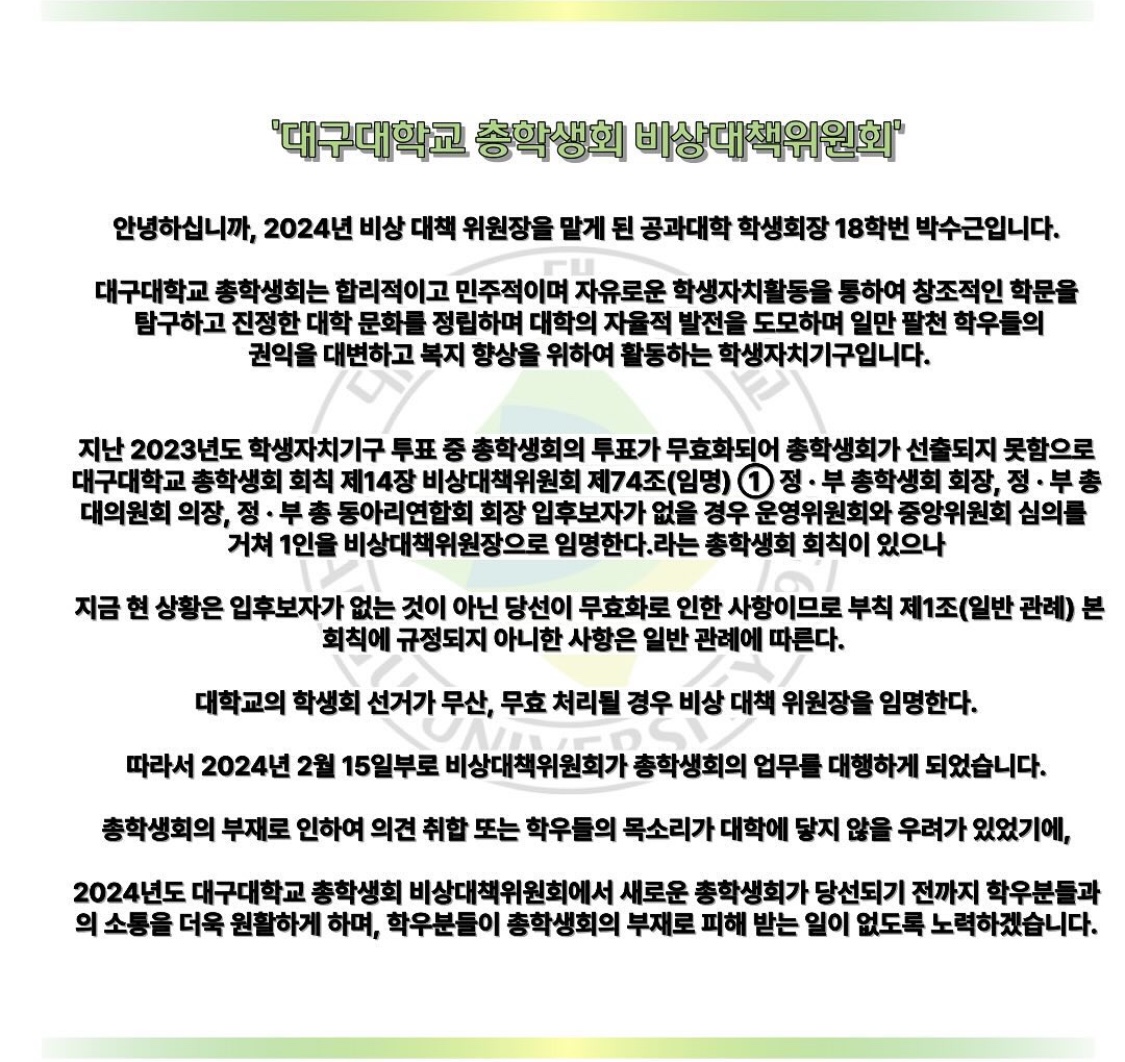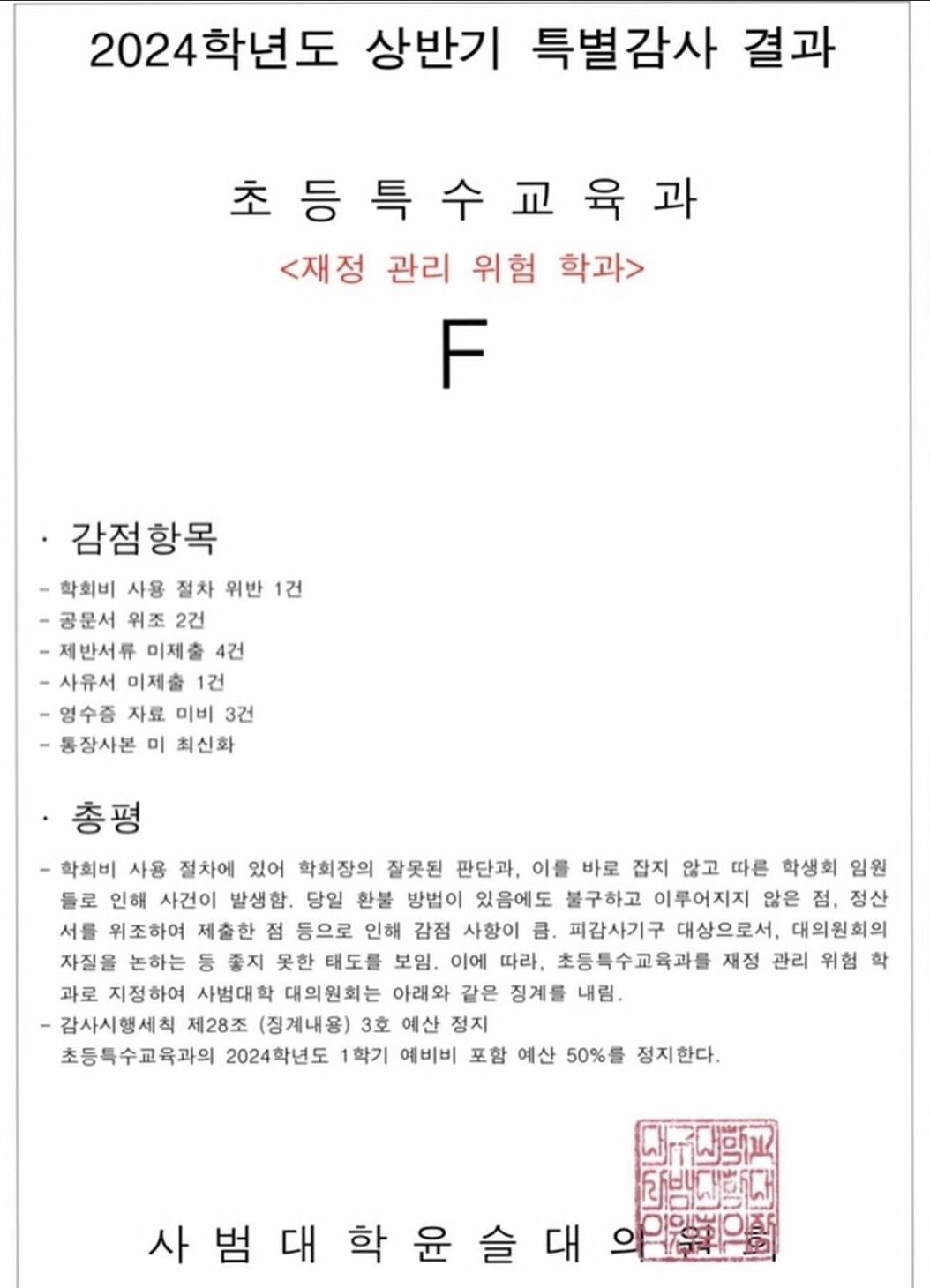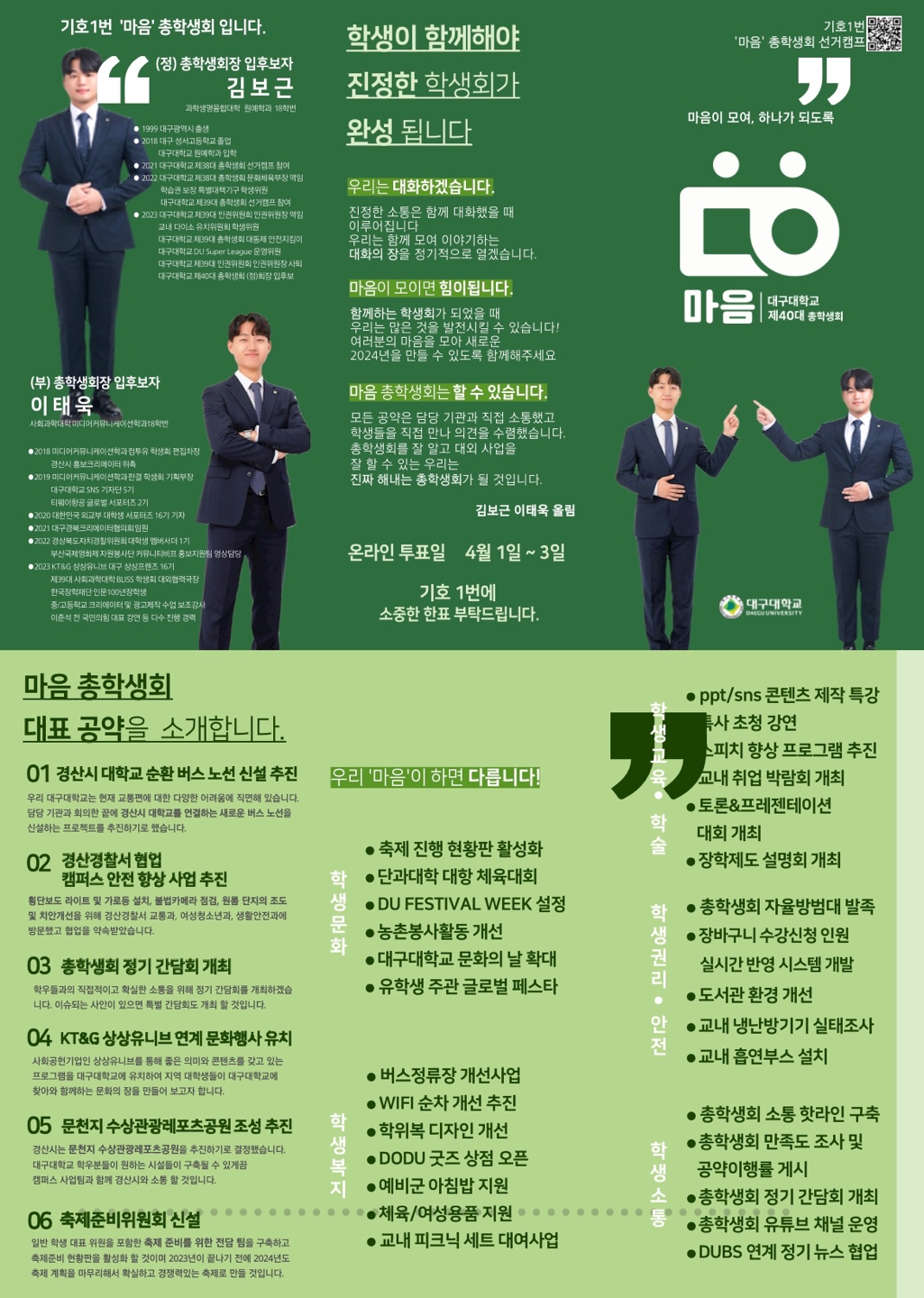 |
How much do you use your Korean English? Or How much are you interested in English? Among expressions that we learned in Korea, there are many expressions that Americans don't use. In fact, what do Americans think that they hear in Korean English? Let's start to learn proper English expressions to not produce misunderstandings between native and non-native English speakers’ conversations. First we will consider expressions about feelings. Koreans often use 'fu*k it' when they want to say ‘Meh, whateves'. However, actually, 'Eh,whatever', 'Ain't nobody got time for that' are alright. These expressions contain real 'tiresome'. Then, how can we use 'strenuous'? Koreans usually use 'I'm hard' in this situation. They translate literally. When the expression “I’m hard” is spoken by a man it is likely understood as “sexually aroused”. 'I'm having a hard time' is better. For example, I'm having a hard time because of my boss. Then, how could we express that we feel other people are conceited? The Naver dictionary says 'you are unlucky', but this sounds weird. Actually, 'full of yourself' is closer to the meaning. This means 'you think yourself fully'. For instance, that guy is always talking about how great he is. He is so full of himself.
What expressions do you use when you enjoy things? Do you use 'interesting'? In fact, interesting means, 'This stimulates my curiosity. This makes me think deeply.' When you want to talk feeling excited use 'fun'. For example, “Last weekend was fun!” or “The rollercoaster was fun!”
When you are not feeling good, what do you tell your friends? Maybe, you say 'My condition is not good.' Then, I advise you to change your talking easily. You can say, 'I'm not feeling well’ or ‘I'm not feeling so hot today'. In the second expression, 'hot' is not related to being hot, it is related to feeling ill. In case of a cold or flu, you could use ill instead sick, 'I'm feeling ill today.' We express various things when we feel good or bad. Studying English is endless.
Now let’s take a look at wrong expressions that we use when we make English sentences. When you anticipate things, do you use 'if'? Using 'if' can make people misunderstand. For instance, your friend in Texas is going to call you when he/she arrives in Korea. When he uses 'If I arrive~.', this means your friend is not sure the plane will arrive safely. Then, what can we use instead of 'if'? Use 'when'. For example, I'll get you a present when you have your birthday. What do you say when you don't know reasons? Do you happen to use 'just'? For instance, a friend asks you 'why didn't you come to my party?' If you answer 'just', your friend may not understand your word, 'just because' is better. You may think that 'should' means 'must'. But, actually, 'should' is a suggestion. It does not mean must. For example, parents can use 'You should clean your room' when they want their children to clean their room. Furthermore, colleagues could use 'She should go to her office' when they hope to return him/her. 'Will' is also an auxiliary verb. You may use 'will' when you mean to say 'is going to~' However, when you say 'I will go to the bathroom', it means 'I do my best to go to the bathroom!'. It also means 'No one can stop me from going to the bathroom'. 'Will' can express a strong intent to do something. You should use this like survival, I will survive. Then, what can we use to say 'be going to'? It is easy. You should use a contraction, ‘I'll call you later’.
The last sentence structure we will examine is the use of ‘to’. 'Don't use 'to' next to this word'. Don't use to with home, so you should say 'go home', not go to home. 'Abroad' is the same as home, “go abroad”, not “go to abroad” ‘Go upstairs’ and ‘go anywhere’ are the same. They are adverbs indicating places, so using 'to' is wrong.
Finally, let’s look at situations where Koreans misunderstand the real meaning of a word. 'Prepare' is the first word. Koreans use 'prepare' to express get ready. But, prepare has a 'planned, systematic' meaning, so you should use this like a big event, a wedding ceremony. So, 'I'm getting ready' is better when you are talking about usual things like, 'I'm getting ready for my date'.
For Korean sons, there are many titles that mean 'I miss you'. But, this expression is related to leaving for a long period of time like going to the military or going abroad. So, when you are talking with your friend, 'I haven't seen you in ages' or 'Let's meet up soon' are better. Lastly, when you go on a date with your boyfriend/girlfriend, you say 'Dutch pay'. But it is a Konglish expression. When you want to share the bill say, ‘Let's go Dutch', ’Let's split the bill, or I'll pay for mine'. In fact, fluent English consists of sentences that are short and easy. Don't think that English is difficult. Talk actively when you are speaking English.
Most of the ideas in this article came from a teacher who is a Youtube creator. There are many good Youtube videos and free English sites to study. Let's start to study English excitedly!
L.L.F reporter Yu-Gyeong Cheon
천유경 khg03110@naver.com

 작년 총학생회 선거 무효화에 비대위 출범
작년 총학생회 선거 무효화에 비대위 출범

![[4∙10 총선] “TK지역 역대급으로 조용한 선거”](/news/photo/202404/6631_5793_2439.jpg)




